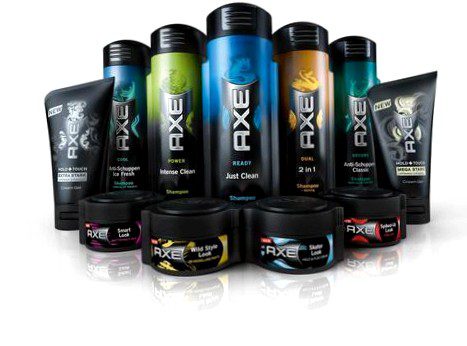Mini portions for euro crisis countries

It relies on strategies that have been used for years in emerging countries in africa and asia: smaller portions or packaging without frills, so that even customers with shrunken wallets stay with the manufacturer. The industry seems to agree that the economic crisis will depress sales expectations in the countries for years to come.
"If a spaniard only spends an average of 17 euros per purchase, then i can’t sell him detergent for half his budget," said unilever europe boss jan zijderveld to the "financial times deutschland" (monday edition). "In indonesia, we sell individual packages of shampoo for two to three cents and still earn a good amount of money," says the company’s CEO. "We know how to do it, but in europe we forgot how to do it in the years before the crisis."
Meanwhile, in spain, unilever offers its surf detergent in packages that only last for five washes. In greece, the british-dutch group marketed mashed potatoes and mayonnaise in small packs, while basic products such as tea or olivenol were sold under a special brand at entry-level prices.
The competition has also reacted. The nestle group has been producing mini portions at low prices for years under the slogan "popular positioned products", for example with only one maggi cube, nescafe for one cup or tutu soups with only one plate portion – partly also for europe. At the same time, the company is constantly working on recipes so that, for example, in addition to the standard soup, a simple product with significantly fewer ingredients and at the same time a lower price can be offered, says a spokesperson.
Henkel CEO kasper rorsted recently expressed skepticism about developments in southern europe during the presentation of his quarterly figures. The crisis in greece, spain, italy and portugal will probably prevent sales increases there for years to come. Since the end of 2011, henkel has been responding to this trend with particularly favorable packaging for liquid laundry detergents, for example – without a dosage cap and convenient spout, but cheaper. The products were well received, says a company spokesman.
Despite the economic crisis, the nestle spokesman does not expect a fundamental change in eating habits. Food and drink traditionally play a bigger role in southern european countries. Around 16 to 18 percent of income went to food in italy, spain and france – compared to 11 to 13 percent in germany. "A change here takes a whole generation."


